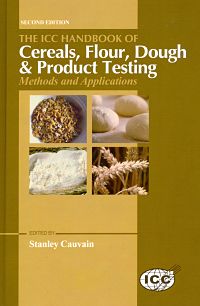For several years now, Innova’s Top 10 Trends have been headed by issues related to transparency and building consumer trust. By 2022, these trends had zeroed in on environmental issues and a shift in key consumer concerns about the environment. Even in a pandemic, the health of the planet took over as the top global concern ahead of population health.
“For the first time ever, more consumers surveyed globally for Innova’s Lifestyle & Attitude Survey, say health of the planet is their top global concern, rather than health of the population,” says Lu Ann Williams, insights director at Innova Market Insights.
Food waste reduction leads other consumer actions to be more environmentally responsible. Close to half of consumers are cutting food waste and 63% say that they would like to eat at a restaurant that actively prevents or reduces food waste. As many as 20% to 25% also adjusted their product choices for environmental reasons such as choosing foods with environmentally friendly packaging and choosing sustainably grown products.
Product launches are positioned to meet consumer expectations. Those carrying environmental claims are growing at three times the pace of total food and beverage activity. Ethical claims regarding the environment increased their share of total food and beverage launches from 4.4% in 2016–2017 to 6.6% in 2020–2021, for a 17.3% CAGR over the five years ending Q3 2021. Growth is even faster for specific issues. In the five years ending Q3 2021, launches of food and beverages using upcycled ingredients rose at a CAGR of 122%, compared with 59% for products using recycled plastic, 49% for products with water saving claims, 47% for products carrying carbon emissions claims and 36% for palm oil free products. Europe drives claims regarding palm oil; 88% of all launches with “palm oil free” claims were made in Europe.
Cost can be a barrier to shopping with the environment in mind. Nearly three in 10 consumers say that it’s more expensive to buy more environmentally friendly products. Still, over half of consumers say they are willing to pay extra for food and beverage products that are devoted to solving global issues such as plastic waste (64%), ocean pollution (63%), and food waste (62%).
Clear communications from manufacturers are essential. “In our Innova Trends Survey 2021, 55% of consumers globally say that there are too many environmental labels and they don’t know what to look for,” notes Williams. “Furthermore, nearly two-thirds of consumers surveyed globally agree or strongly agree that they prefer one label that captures the complete impact on the environment over multiple labels.”









